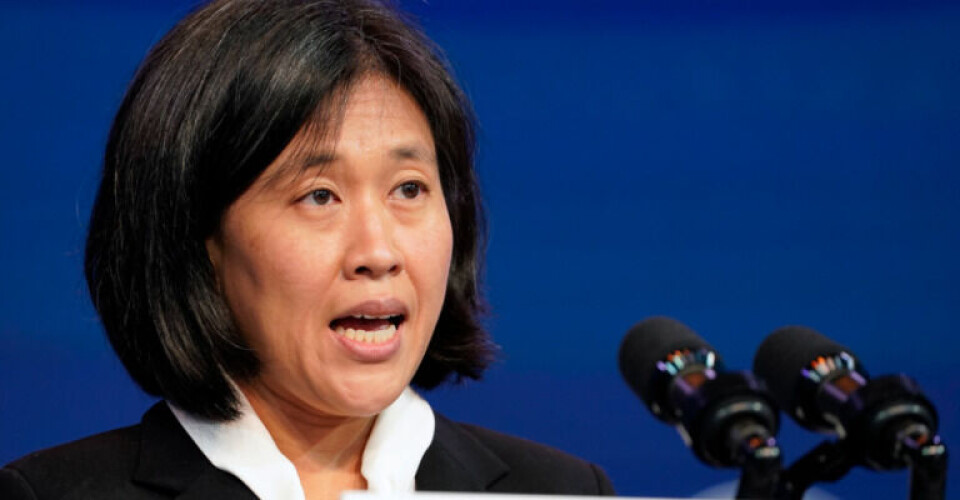US Senate confirms China critic Katherine Tai as top trade rep

China critic Katherine Tai will serve as the chief trade policymaker in the United States, per the blessing of Congress.
By Michael McGrady, Maritime Direct Americas & Pacific Correspondent
WASHINGTON — Katherine Tai, a high-profile critic of the Chinese government’s trade policies, was unanimously confirmed as the next US Trade Representative — the lead trade policy adviser to the Executive Office of President Joe Biden.
The final confirmation vote in the United States Senate was 98 to 0, unanimous with those present, notes a Bloomberg wire report.
Tai will oversee US trade policy inherited from former President Donald Trump’s tenure. Between the fallout from tariff hikes and a World Trade Organization (WTO) dispute between China and the US, Tai is said to be inheriting a ‘thorny’ policy environment.
Tai will be the first Asian American woman and the first woman of color to serve as the US Trade Representative. The new representative has also argued successfully on behalf of the United States in dispute arbitrations with China’s trade officials at the WTO during 2007 and 2014.
During her confirmation hearings, Tai outlined the administration’s policy platforms for trade and shipping. This is especially the case as it deals with transpacific trade between the world’s two largest economies. She will begin work immediately on ensuring that China will comply with the WTO rules outlined in the so-called Phase 1 trade deal with the United States that was reached in 2020.
“China is simultaneously a rival, a trade partner, and an outsized player whose cooperation we’ll also need to address certain global challenges,” Tai said in February. “We must remember how to walk, chew gum and play chess at the same time.”
She added in the same remarks: “That means here at home, we must prioritize resilience and make the investments in our people and our infrastructure to harness our potential, boost our competitiveness, and build a more inclusive prosperity. We must also impart the values and rules that guide global commerce — and we must enforce those terms vigorously.”










